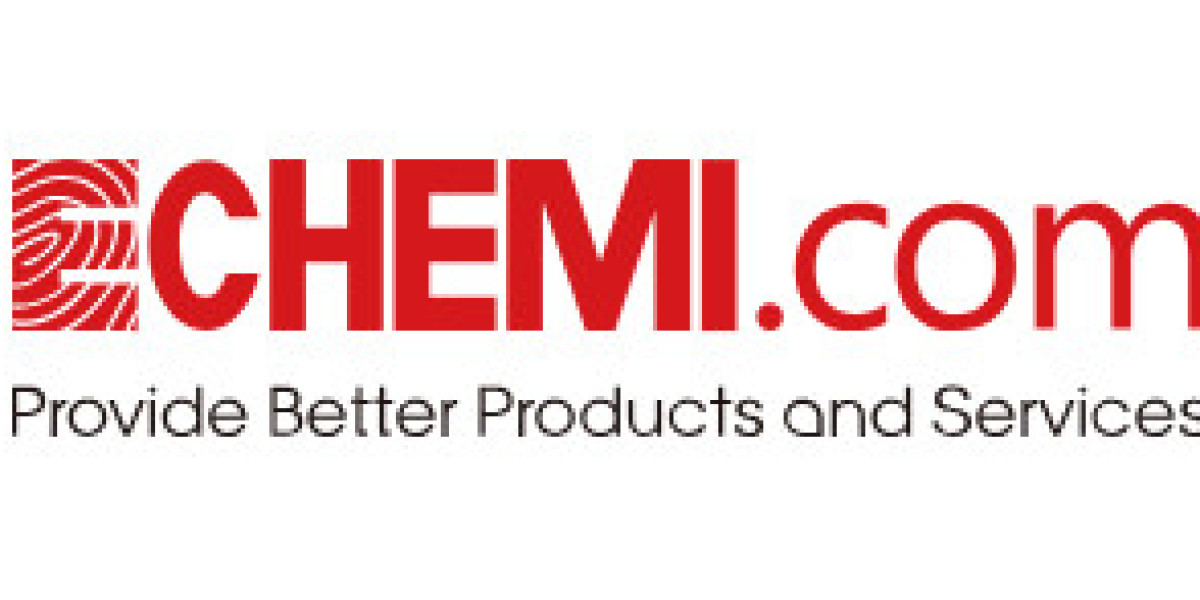AI and automation are revolutionizing the global chemical sector, driving efficiency, innovation, and competitive advantage across the entire value chain. By leveraging advanced technologies, chemical companies are transforming their operations, processes, and decision-making capabilities to meet the demands of a rapidly evolving industry landscape.
One significant impact of AI and automation in the chemical sector is in process optimization and predictive maintenance. AI algorithms analyze vast amounts of data from sensors and production systems to optimize process parameters, reduce energy consumption, and enhance product quality. Predictive maintenance solutions leverage AI to forecast equipment failures, prevent downtime, and maximize operational efficiency, leading to cost savings and improved reliability.
Furthermore, AI-powered supply chain management is reshaping how chemicals are sourced, transported, and distributed. Machine learning algorithms enable real-time demand forecasting, inventory optimization, and route optimization, improving supply chain efficiency and responsiveness. Automation technologies streamline logistics operations, reduce lead times, and enhance visibility across the supply chain, enabling companies to meet customer demands effectively.
In research and development, AI is accelerating innovation and product development in the chemical sector. Virtual screening, molecular modeling, and AI-driven simulations expedite the discovery of new materials, formulations, and chemical processes. By leveraging AI tools, researchers can optimize experimental designs, predict material properties, and accelerate the development of novel products, leading to faster time-to-market and competitive advantage.
Moreover, AI and automation are enhancing safety and sustainability practices in the chemical industry. AI-powered risk assessment tools analyze safety data, identify potential hazards, and optimize safety protocols to prevent accidents and ensure compliance with regulatory requirements. Automation technologies enable remote monitoring, robotic handling of hazardous materials, and process control systems that enhance worker safety and minimize environmental impact.
Overall, AI and automation are driving transformative changes in the global chemical sector, empowering companies to optimize operations, accelerate innovation, improve supply chain efficiency, and enhance safety and sustainability practices. By embracing these technologies, chemical companies can unlock new opportunities, drive growth, and navigate the complexities of an increasingly digital and data-driven industry landscape.








